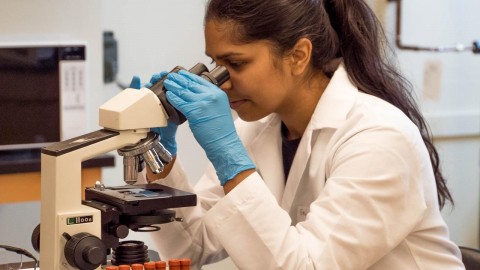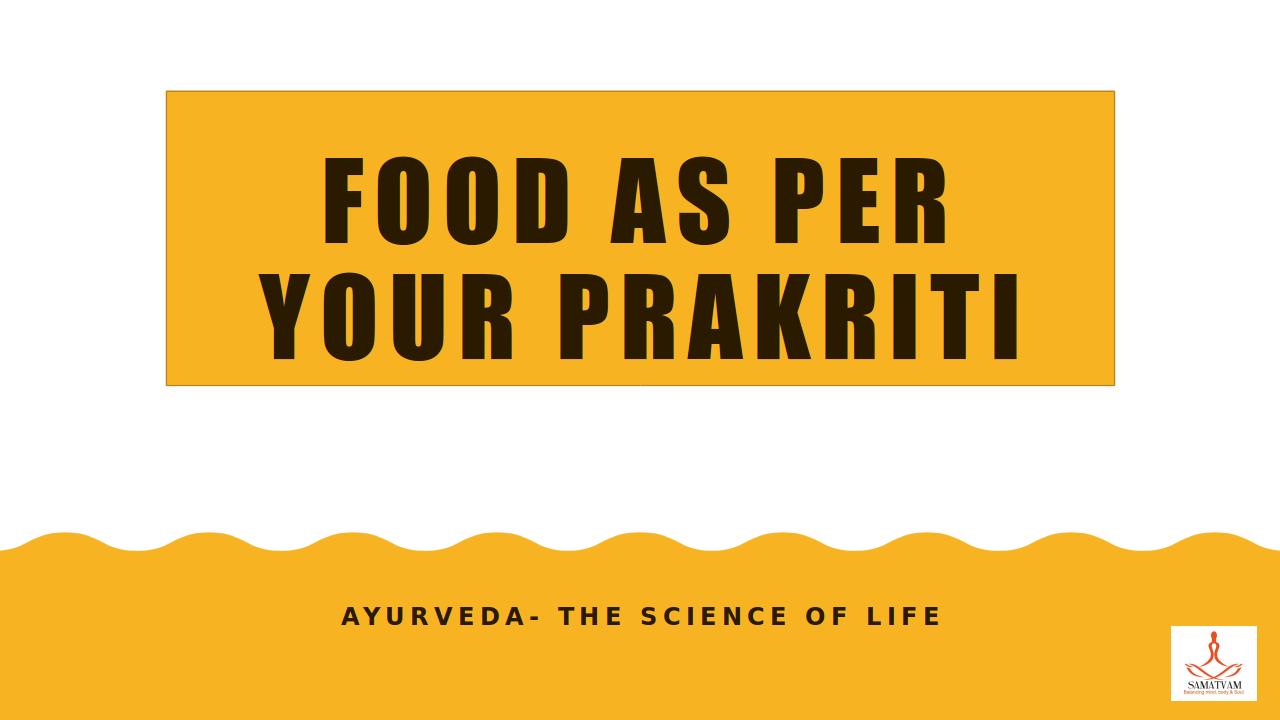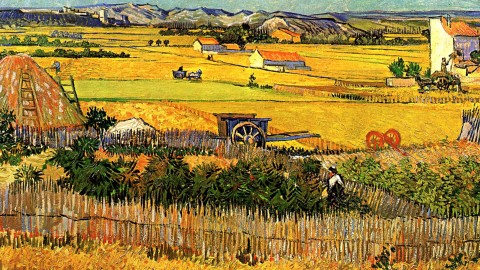An inguinal hernia occurs when tissue, such as part of the intestine, protrudes through a weak spot in the abdominal muscles. The resulting bulge can be painful, especially when you cough, bend over or lift a heavy object. However, many hernias do not cause pain.
Symptoms
Inguinal hernia signs and symptoms include:
- A bulge in the area on either side of your pubic bone, which becomes more obvious when you’re upright, especially if you cough or strain
- A burning or aching sensation at the bulge
- Pain or discomfort in your groin, especially when bending over, coughing or lifting
- A heavy or dragging sensation in your groin
- Weakness or pressure in your groin
- Occasionally, pain and swelling around the testicles when the protruding intestine descends into the scrotum
Signs And Symptoms In Children
Inguinal hernias in newborns and children result from a weakness in the abdominal wall that’s present at birth. Sometimes the hernia will be visible only when an infant is crying, coughing or straining during a bowel movement. He or she might be irritable and have less appetite than usual.
In an older child, a hernia is likely to be more apparent when the child coughs, strains during a bowel movement or stands for a long period
An incarcerated hernia can become strangulated, which cuts off the blood flow to the tissue that’s trapped. A strangulated hernia can be life-threatening if it isn’t treated.
Signs and symptoms of a strangulated hernia include:
- Nausea, vomiting or both
- Fever
- Sudden pain that quickly intensifies
- A hernia bulge that turns red, purple or dark
- Inability to move your bowels or pass gas
Causes
Some inguinal hernias have no apparent cause. Others might occur as a result of:
- Increased pressure within the abdomen
- A preexisting weak spot in the abdominal wall
- Straining during bowel movements or urination
- Strenuous activity
- Pregnancy
- Chronic coughing or sneezing
In many people, the abdominal wall weakness that leads to an inguinal hernia occurs prior to birth when a weakness in the abdominal wall muscle doesn’t close properly. Other inguinal hernias develop later in life when muscles weaken or deteriorate due to aging, strenuous physical activity or coughing that accompanies smoking.
Weaknesses can also occur in the abdominal wall later in life, especially after an injury or abdominal surgery.
In men, the weak spot usually occurs in the inguinal canal, where the spermatic cord enters the scrotum. In women, the inguinal canal carries a ligament that helps hold the uterus in place, and hernias sometimes occur where connective tissue from the uterus attaches to tissue surrounding the pubic bone.
Risk Factors
Factors that contribute to developing an inguinal hernia include:
- Being male. Men are eight times more likely to develop an inguinal hernia than are women.
- Being older. Muscles weaken as you age.
- Being white.
- Family history. You have a close relative, such as a parent or sibling, who has the condition.
- Chronic cough, such as from smoking.
- Chronic constipation. Constipation causes straining during bowel movements.
- Pregnancy. Being pregnant can weaken the abdominal muscles and cause increased pressure inside your abdomen.
- Premature birth and low birth weight. Inguinal hernias are more common in babies who are born prematurely or with a low birth weight.
- Previous inguinal hernia or hernia repair. Even if your previous hernia occurred in childhood, you’re at higher risk of developing another inguinal hernia.
Complications
Complications of an inguinal hernia include:
- Pressure on surrounding tissues. Most inguinal hernias enlarge over time if not repaired surgically. In men, large hernias can extend into the scrotum, causing pain and swelling.
- Incarcerated hernia. If the contents of the hernia become trapped in the weak point in the abdominal wall, the contents can obstruct the bowel, leading to severe pain, nausea, vomiting, and the inability to have a bowel movement or pass gas.
- Strangulation. An incarcerated hernia can cut off blood flow to part of your intestine. Strangulation can lead to the death of the affected bowel tissue. A strangulated hernia is life-threatening and requires immediate surgery.
Prevention
You can’t prevent the congenital defect that makes you susceptible to an inguinal hernia. You can, however, reduce strain on your abdominal muscles and tissues. For example:
- Maintain a healthy weight. Talk to your doctor about the best exercise and diet plan for you.
- Emphasize high-fiber foods. Fruits, vegetables and whole grains contain fiber that can help prevent constipation and straining.
- Lift heavy objects carefully or avoid heavy lifting. If you must lift something heavy, always bend from your knees – not your waist.
- Stop smoking. Besides its role in many serious diseases, smoking often causes a chronic cough that can lead to or aggravate an inguinal hernia.
Homeopathy Treatment
Nux Vomica: Top Remedy for all Types of Hernia
Nux Vomica is a natural medicine which is of great help in treating all types of Hernias – be it femoral, inguinal or umbilical. It can be given to patients of Hernia in whom the abdominal muscles have been weakened due to long-standing constipation. The patient complains of a constant urge to pass stool or poop but scanty unsatisfactory stool is passed. Such a patient also usually feels very cold. There’s also an excessive craving for stimulants like alcohol or coffee. Weakness and soreness in the abdominal muscles are always experienced. For treatment of Umbilical Hernia in infants, Nux Vomica is very beneficial.
Calcarea Carbonica: For Hernia in obese people
Calcarea Carbonica is a top medicine for treating Hernia. It is mainly prescribed for obese people with weak abdominal muscles due to excessive fat in the abdomen. Such patients cannot bear tight clothes around the waist. Calcarea Carbonicaalso gives excellent results in the treatment of Hernia in children who sweat excessively on the head. The patients requiring this medicine are sensitive to cold air. There is also an unusual craving for boiled eggs or chalk or lime.
Lycopodium Clavatum: For Hernia with Weak Digestion, Excessive Flatulence
Lycopodium Clavatum is of great help to patients of Hernia who suffer from weak digestion and excessive flatulence in the abdomen. The patients requiring this medicine love to eat sweets and have a craving for hot food and drinks.
Rhus Toxicodendron: For Hernia due to Excessive Weight lifting
Rhus Tox is very beneficial for treatment of all such cases of Hernia where the abdominal muscles become weak due to excessive strain by lifting heavy weights. Rhus Toxicodendron helps the patients by strengthening the abdominal muscles.
Silicea: For Hernia with Excessive Perspiration on Feet
Silicea is a medicine of great help for patients of Hernia who experience excessive and offensive perspiration on the feet. The patient always feels very chilly and desires warm clothing. Silicea is also a very helpful remedy for the treatment of Hernia in children who are weak, very obstinate and headstrong.
Tags: Inguinal Hernia And Homoeopathy









